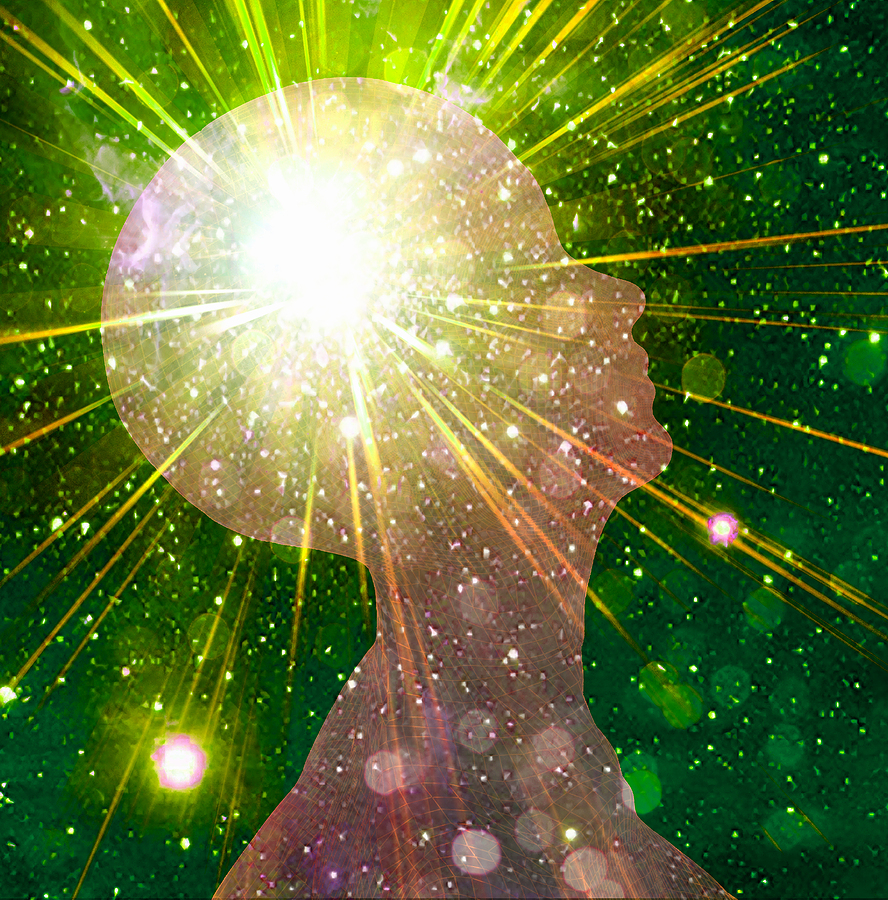 Functional Mental Disorders
Functional Mental Disorders Functional Mental Disorders
Functional Mental Disorders| Home Disorders Assessment Treatment Resources Discussion |
DISSOCIATIVE DISORDERS
What are Dissociative Disorders? A number of
people with mental illnesses experience dissociation: a disturbance of
thinking, awareness, identity, consciousness or memory. Dissociation is more
severe than just ordinary forgetfulness and is also not associated with any
underlying cause of memory deficits or altered consciousness (e.g.,
neurological illnesses, substance or alcohol abuse). Some people have
dissociative events that last only moments where as others experience extended
periods of dissociation. Some people will
experience having limited ability to regulate their bodily functions and may
feel like they are “going crazy” or are “out of my body” during dissociative
events. Other people may lose control of their emotions or actions during a
dissociative event and can do things that are otherwise quite uncharacteristic.
Some people will have limited memory of the dissociative event and may feel
surprised or disoriented when it ends. Many people may later recall what
happened during their dissociation, but others may not be able to remember
significant parts of what occurred, sometimes for even for a time before they
dissociated. All of these combined make dissociation a very disturbing and
frightening thing for the people who experience it. There is an association between traumatic events and the process of dissociation. It may be that dissociation is a way the mind/brain contends with overwhelming stimuli. There is much more to be learned about the process of dissociation and the best strategies to address it. Dissociation can be part of a symptom of an existing mental illness. For example, many people who have experienced a traumatic event, such as physical or sexual abuse, may have some aspect of dissociation during the event itself and will be unable to recall details regarding their victimization. For many people diagnosed with post-traumatic stress disorder (PTSD), dissociative episodes may be a very troubling symptom of their illness. Dissociation can also be a symptom associated with certain anxiety disorders, including panic disorder and obsessive-compulsive disorder.
What are some common Dissociative
Disorders? Dissociative
disorders are a controversial sub-group of mental illnesses. The most dramatic
condition in this area is called dissociative identity disorder, formerly
called multiple personality disorder. Researchers, clinicians, and the public
alike find the topic compelling and challenging to understand. Dissociative amnesia—characterized by severe impairment in remembering
important information about one’s self. This is perhaps the most common of the
dissociative disorders and—like all other dissociative illnesses—is associated
with traumatic events. This amnesia can be limited to specific details or
events but can also encompass entire aspects of a person’s life. Dissociative fugue—a massive disorientation of self that leads to
confusion about one’s personal identity and potentially the assumption of a new
identity Depersonalization disorder—marked by recurrent feelings of detachment or distance
from one's own experiences and can be associated with the experience that the
world is unreal. While many people experience these sensations at one point in
their lives, an individual with depersonalization disorder has this experience
so frequently or severely that it interrupts his or her functioning. Dissociative identify disorder (DID)—previously called multiple personality disorder, DID is the most famous and controversial of the dissociative disorders. This is characterized by having multiple “alters” (personal identities) that control an individual’s behavior and actions at different times.
What treatment options are
available for Dissociative Disorders? In patients
where dissociation is thought to be a symptom of another mental illness (e.g.,
borderline personality disorder (BPD) or post-traumatic stress disorder (PTSD),
treatment of the primary cause is of upmost importance. This can involve
psychotherapy and psychiatric medications when appropriate. It is important to
note that there is no clear consensus on the treatment of dissociative symptoms
themselves with medications for it is unclear whether or not psychiatric drugs
can help to decrease symptoms of dissociation and depersonalization Psychotherapy is generally
helpful for people who experience dissociative episodes. Different cognitive
behavioral therapy (CBT) and dialectical behavioral therapy (DBT) techniques
have been specifically developed by mental health professionals to decrease
symptom frequency and improve coping strategies for the experience of
dissociation. As with any mental illness, the caring support of loved ones cannot be underestimated. Specifically for individuals with a traumatic past, encouragement and support of friends and family is very important. DISCLAIMER: The content provided on this site is for informational purposes only. Our content is not medical advice. You should seek a licensed physician or health professional regarding all health issues. We take no responsibility for any possible consequences from any treatment, procedure, exercise, dietary modification, or application of medication which results from reading this site. |
| Contact information Site Map Copywrite 2013, Functional Mental Disorders. All rights reserved. |